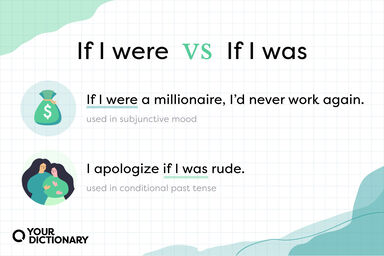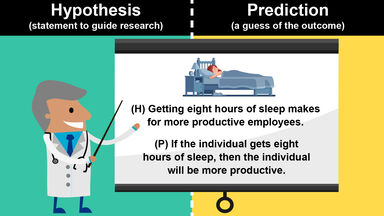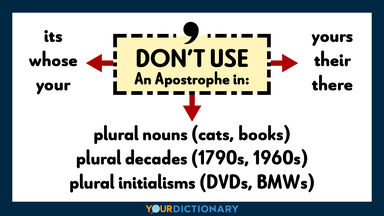If Definition
Other Word Forms of If
Noun
Origin of If
-
From Middle English yif, yef, from Old English ġif, ġef (“if; whether, though”), from Proto-Germanic *jabai (“when, if”), from Proto-Indo-European *e-, *ē- (“then, at that time”). Cognate with Scots gif (“if, whether”), West Frisian oft (“whether”), Dutch of (“or, whether, but”), Middle Low German ef (“if, whether”), German ob (“if, whether”), Icelandic ef, if (“if”).
From Wiktionary
-
Middle English from Old English gif i- in Indo-European roots
From American Heritage Dictionary of the English Language, 5th Edition





